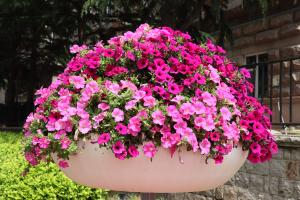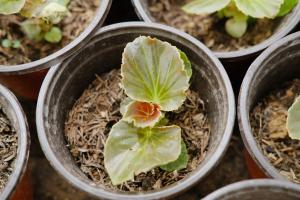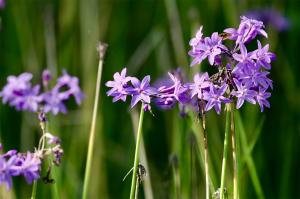Companion Planting: Which Herbs Can You Plant Together?
What is Companion Planting?
Companion planting is the practice of planting different plants close to each other to create a mutually beneficial environment. This technique can help to improve soil health, repel pests, and provide nutrients to other plants. In the case of herbs, companion planting can also improve the flavor of the plants.
Which Herbs Can You Plant Together?
When it comes to planting herbs together, there are a few important things to keep in mind. First, it's important to choose herbs that have similar growing conditions. This includes factors like sun exposure, water needs, and soil type. Second, you should avoid planting herbs that are known to compete with each other for resources. Finally, it's important to consider the flavor and medicinal properties of each herb. Some herbs can enhance the flavor of others, while others can actually detract from it.
Herbs That Make Good Companions
Here are some examples of herbs that can be planted together to create a mutually beneficial environment:
Basil and Tomatoes: Basil is known to improve the flavor of tomatoes, while also repelling certain pests.
Thyme and Rosemary: These herbs have similar soil and watering needs, and can be planted together to create a fragrant and flavorful garden bed.
Mint and Chamomile: Mint can help to repel pests from chamomile, while also providing a pleasant aroma to the garden.
Parsley and Dill: These two herbs have different flavors that complement each other, and can be planted together to create a versatile herb bed.
Herbs That Should Be Planted Alone
While most herbs can be planted together, there are a few that should be planted alone due to their competitive or invasive nature. Here are some examples:
Mint: Mint is known to be extremely invasive and should be planted alone, or in a container to prevent it from spreading.
Lemon Balm: This herb can also be invasive and should be planted alone or in a pot.
Lavender: Lavender prefers well-drained soil and can be crowded out by other plants. It鈥檚 best to plant lavender alone unless you have a specific plan for companion planting.
In Conclusion
Companion planting can be a great way to improve the health and flavor of your herb garden. By choosing the right herbs to plant together, you can create a mutually beneficial environment that will enhance the growth and flavor of your herbs. Remember to consider factors like growing conditions, competition, and flavor when choosing which herbs to plant together. With a little planning and some careful selection, you can create a beautiful and productive herb garden that will provide you with fresh herbs all season long!

 how many times do yo...
how many times do yo... how many planted tre...
how many planted tre... how many pine trees ...
how many pine trees ... how many pecan trees...
how many pecan trees... how many plants comp...
how many plants comp... how many plants can ...
how many plants can ... how many plants and ...
how many plants and ... how many pepper plan...
how many pepper plan...






























